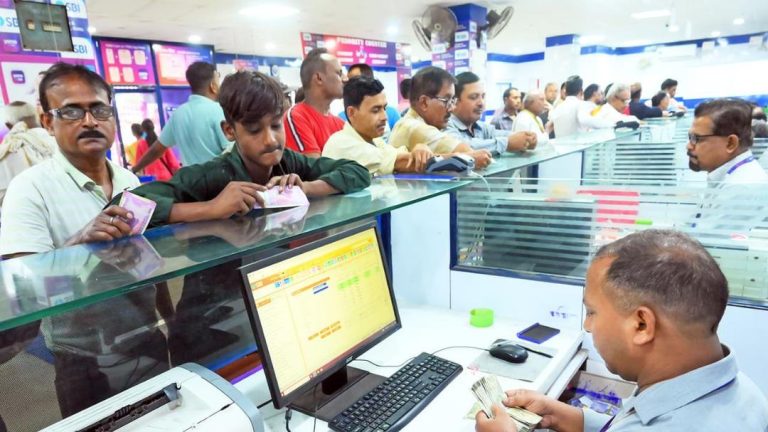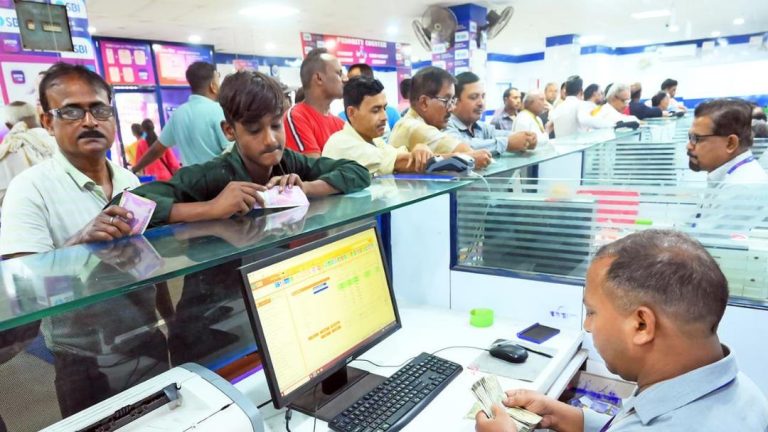
Don’t get volatile behavior: Vaani on censorship & cancel culture
In recent times, the world has seen a surge in cases of censorship and cancel culture, where artists are being held accountable for their thoughts and actions. The latest controversy surrounding the ban of ‘Abir Gulaal’ release in India has sparked a debate about the role of censorship in the creative industry. Actress Vaani Kapoor has weighed in on the issue, expressing her concerns about the impact of cancel culture on artists’ freedom to explore new ideas.
In an interview with a leading publication, Vaani Kapoor expressed her opinion on the cancel culture, stating, “This cancel culture, say one thing wrong, there are calls for cancel and boycott. I don’t get that volatile behavior.” She went on to say that she is not a fan of censorship, as it sets boundaries for artists, restricting their ability to experiment and push the envelope.
Vaani’s comments come at a time when the world is grappling with the consequences of cancel culture. The phenomenon, which involves calling out and boycotting individuals, groups, or companies for their perceived wrongdoings, has become a staple of modern society. While it is intended to promote accountability and justice, it has also led to a culture of fear and self-censorship.
One of the primary concerns about cancel culture is its impact on creative freedom. When artists are held accountable for every word and action, they become hesitant to take risks and explore new ideas. This can lead to a stifling of innovation and creativity, as artists become more concerned with avoiding controversy than with pushing the boundaries of their craft.
Vaani’s comments echo the sentiments of many artists who feel that cancel culture is stifling their creativity. In an age where social media has given everyone a platform, it is easier than ever to voice opinions and share thoughts. However, this has also led to a culture of instant judgment, where individuals are quick to condemn and cancel others without fully considering the context and nuances of a situation.
The ban on ‘Abir Gulaal’ release in India is a prime example of how cancel culture can impact the creative industry. The film, which was banned due to its perceived controversial content, was met with widespread backlash on social media. Many people called for a boycott of the film, citing its alleged offensive themes and depictions.
While some may argue that the ban was justified, others see it as a form of censorship that restricts artists’ freedom to explore new ideas. Vaani Kapoor’s comments highlight the importance of striking a balance between artistic expression and societal expectations. Artists should be free to explore new ideas and push the boundaries of their craft, but they must also be mindful of the impact their work may have on others.
In an age where cancel culture is so prevalent, it is essential to promote tolerance and understanding. Rather than immediately calling for boycotts and cancellations, we should take the time to engage in respectful dialogue and consider multiple perspectives. This is not to say that artists should be given a free pass to offend or harm others, but rather that we should strive for a culture of nuance and empathy.
Vaani Kapoor’s comments also highlight the importance of not taking things too seriously. In an age where everything is amplified on social media, it is easy to get caught up in the drama and controversy. However, as Vaani said, “I don’t get that volatile behavior.” We should strive for a sense of humor and perspective, recognizing that mistakes can be made and that we are all human.
In conclusion, Vaani Kapoor’s comments on cancel culture and censorship serve as a timely reminder of the importance of promoting artistic freedom and creativity. Rather than stifling innovation and pushing the boundaries of our craft, we should strive for a culture of tolerance, understanding, and empathy. By doing so, we can create a world where artists feel empowered to explore new ideas and push the envelope, without fear of being canceled or boycotted.




